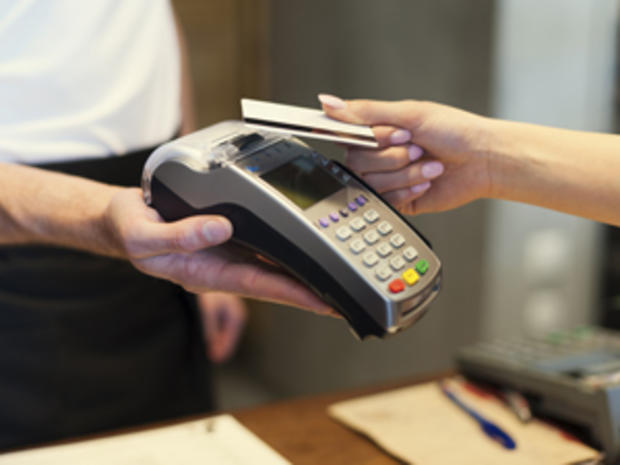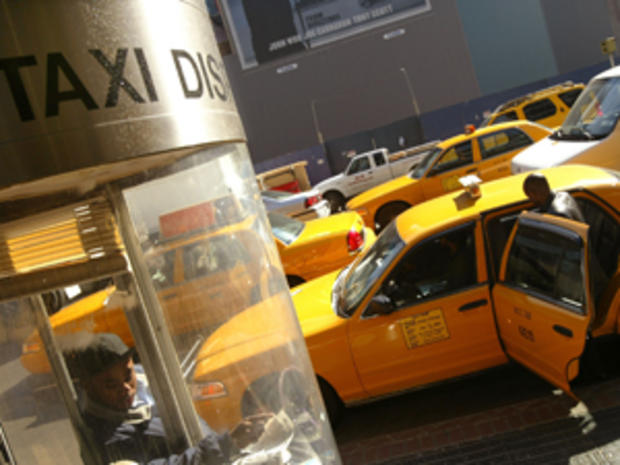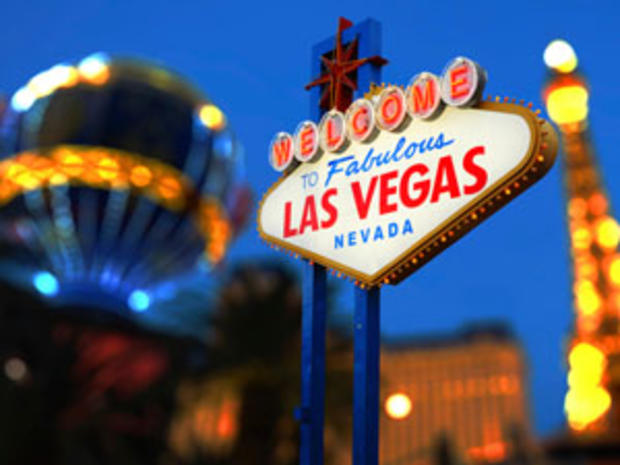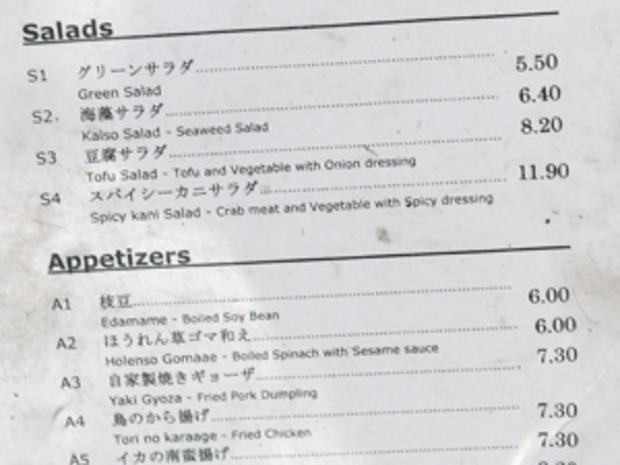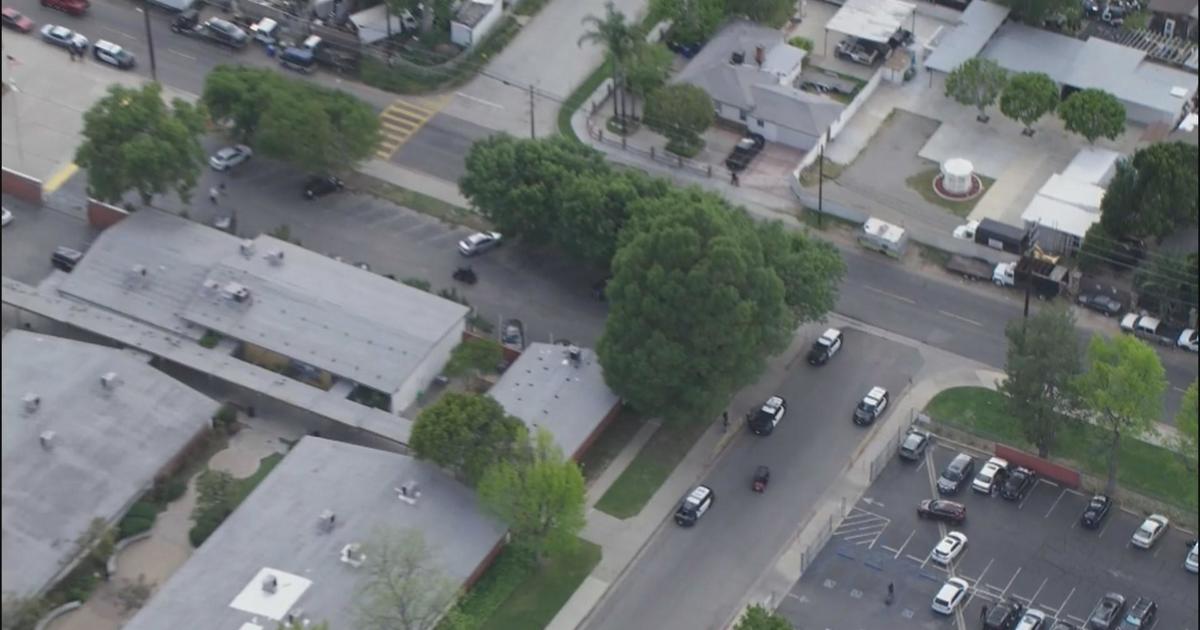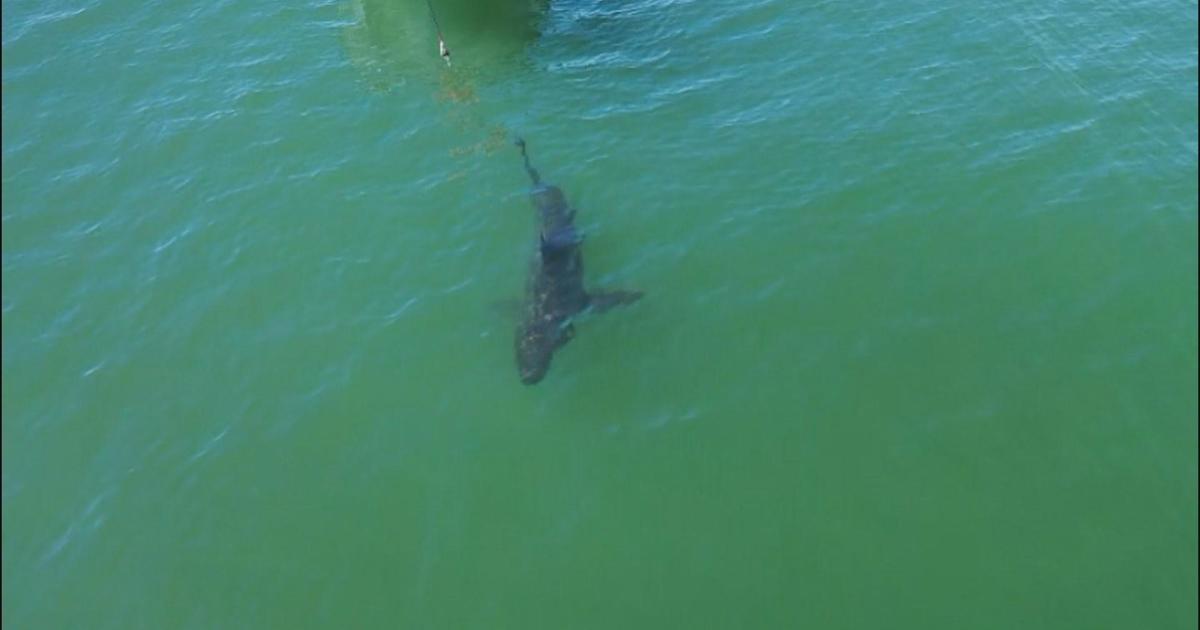Five Travel Scams To Avoid
When traveling to new locations, chances are you are paying more attention to the sites and attractions than you are to your immediate surroundings. This is why so many people fall victim to various types of travel scams. No one is immune to becoming a victim of these travel scams, however, a little bit of knowledge and some common sense will help reduce the chances of you becoming a target. Here are five of the most common travel scams you need to be on the lookout for when traveling.
Charge It
When traveling overseas, many vacationers charge their souvenirs on their U.S. credit cards. This seems harmless, however things can go wrong when the transaction is converted to local currency. The dynamic currency conversion is the process that allows currency exchange rates to be calculated when paying with a credit card. These conversions typically occur through the merchant's bank, however some merchants try to calculate the difference at the point of sale, knowing the money will be converted through their bank. This can cause travelers to lose money on their credit card purchases because the total purchase is being converted to local currency twice.
These scams are most common in Western European countries, especially in Spain. To avoid this scam, pay for all overseas purchases using local currency or an American Express card that uses a closed system when used in foreign countries.
Taxi Drivers
There are many different scams that taxi drivers try on unaware travelers. One common scam is when the taxi driver tells you that his or her meter is broken and will charge you a flat rate upon arrival. To avoid this scam, avoid any taxi that does not have a working meter. Get out and find another method of transportation.
Another taxi scam is one where the driver tells you that the hotel you are going to has burned down or is closed. He or she then offers to take you to another, much better option. However, these options are generally not better and the driver is given a kick-back from the hotel. To avoid, do not allow the driver take you anywhere other than where you booked your accommodations.
Both of these scams are common in Vietnam, Romania, Mexico and India.
Related: A Guide to Eloping in Las Vegas
It's A Gamble
There are many rumors floating around about the cab drivers in Las Vegas not being very honest. Sin City is one of the most common travel destinations where travelers can fall victim to a scam. Why? Because they are so overwhelmed with everything there is to do and all of the bright lights.
The scam here involves the driver first insisting that you put all of your bags in the trunk. Then upon arrival at your hotel, he rushes out of the car, opens the trunk saying he will get your bags for you. He acts as if he is placing them on the ground behind the taxi, says he is in a hurry, slams the trunk and drives off. When you go to grab your bags, you discover they are not there and the driver never unloaded the bags.
To avoid this scam, keep you bags with you inside of the cab. If you cannot keep your bags with you, write down the cab driver's name, cab number and company immediately upon getting in the cab. That way you have all of the details should this happen to you.
Theme Park Tickets
There are many companies both online and in the areas immediately surrounding theme parks around the world. Many say that they can offer you cheap and inexpensive tickets, but almost all of these companies are not an authorized ticket sellers. Many times, when theme park goers purchase these discounted tickets, they end up at the theme park where they discover their tickets are not valid or have already been used.
To avoid this scam, only purchase your tickets directly from the theme park's website, a travel agent or at the park's main entrance. Also, never purchase your theme park tickets through Craigslist, eBay or other similar sources. You have no way of checking to verify that these tickets are legitimate.
Take-Out Menus
This scam is common where there is a high concentration of tourists and big hotels with hundreds of rooms. Here is how it works.
Take-out menus are placed under all of the doors at a resort or hotel. When the guest calls, the number does not take them to an actual restaurant, but to the con artist who has all intentions of stealing a person's identity. When the victim calls to place an order, they are asked for their credit card number. In the end, the pizza never arrives and their credit card is maxed out within the hour. To avoid this scam, only purchase food from your hotel's room service line or speak to the hotel for a list of legitimate take-out restaurants in the area.
A word of advice from Derek Baron, aka Wandering Earl, who has been traveling the world solo since 1999, is that every traveler should use common sense. "The main thing I tell people," he said, "is to use the same common sense when traveling that they would use back home." Using common sense and being aware of your surroundings will help reduce your chances of falling victim to the many scam artists found around the world. If you have any issues when traveling overseas, contact the local U.S. Embassy for assistance or talk to local law enforcement when traveling within the U.S.
Related: The Most Romantic Hotels In Napa

